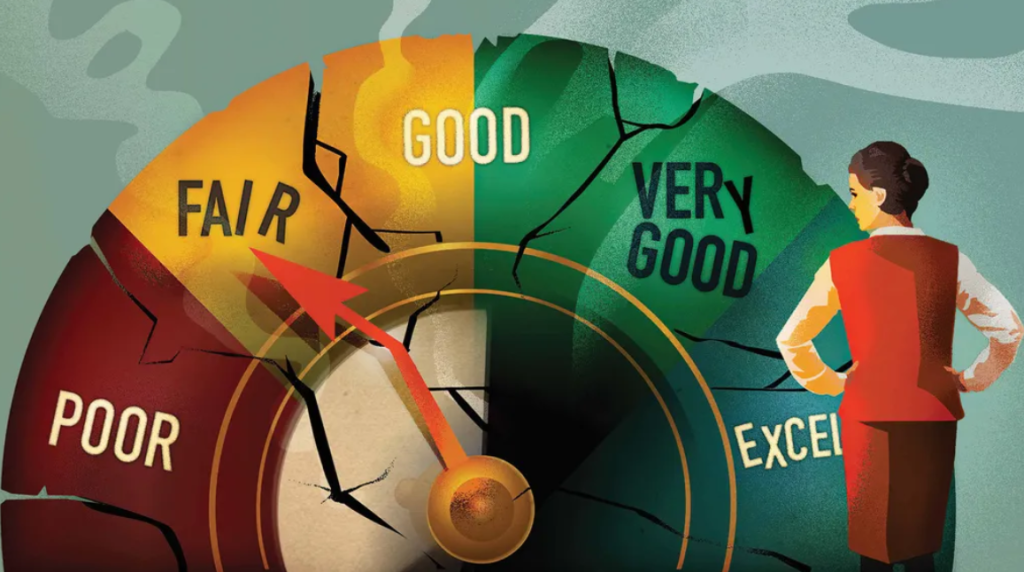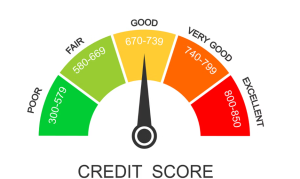A Comprehensive Guide to Fixing Your Credit Reports
3 min read
Your credit report is a crucial financial document that impacts your ability to secure loans, obtain favorable interest rates, and even land certain jobs. If you’ve discovered errors or discrepancies in your credit reports, taking proactive steps to fix them is essential. This article provides a comprehensive guide on how to navigate the credit repair process effectively.
Obtain Your Credit Reports: The first step in fixing your credit reports is to obtain copies from the major credit bureaus—Equifax, Experian, and TransUnion. You are entitled to one free copy from each bureau annually through AnnualCreditReport.com. Reviewing these reports lays the foundation for identifying and addressing any inaccuracies.
Thoroughly Review Your Reports: Scrutinize your credit reports for inaccuracies, including incorrect personal information, accounts you don’t recognize, late payments that you believe are reported in error, and any other discrepancies. Note the details of each error, as you’ll need this information for the dispute process.
Dispute Inaccuracies with the Credit Bureaus: If you find inaccuracies, initiate disputes with the respective credit bureaus. Submit a detailed dispute letter outlining the errors, providing supporting documentation when available. Online dispute options are also available on the credit bureau websites, making the process more convenient.
Equifax Dispute: Visit the Equifax dispute page online or mail your dispute to Equifax Information Services LLC, P.O. Box 740256, Atlanta, GA 30374-0256.
Experian Dispute: File a dispute through the Experian dispute center online or mail your dispute to Experian, P.O. Box 4500, Allen, TX 75013.
TransUnion Dispute: Utilize the online dispute option on the TransUnion website or mail your dispute to TransUnion LLC, Consumer Dispute Center, P.O. Box 2000, Chester, PA 19016.
Dispute Inaccuracies with the Furnishers: In addition to disputing errors with the credit bureaus, contact the entities that furnished the inaccurate information. This may include creditors, lenders, or collection agencies. Provide them with the same detailed dispute letter and supporting documentation.
Follow Up on Your Disputes: After submitting disputes, monitor the progress regularly. Credit bureaus typically have 30 days to investigate and respond. If the disputes are resolved in your favor, ensure that the corrections are reflected on your updated credit reports.
Establish Good Financial Habits: While disputing inaccuracies is crucial, improving your credit also involves building positive financial habits. Focus on making timely payments, reducing outstanding debts, and maintaining a healthy credit utilization ratio. Consistent, responsible financial behavior contributes to a positive credit history.
Consider Professional Help if Needed: If the credit repair process becomes overwhelming or disputes seem unyielding, consider seeking assistance from reputable credit repair companies or credit counseling services. Be cautious of scams and thoroughly research any service before enlisting their help.
Be Patient and Persistent: Credit repair is not an overnight process. It requires patience and persistence. Stay vigilant in monitoring your credit reports, follow up on disputes, and continue practicing good financial habits. Over time, these efforts can lead to a healthier credit profile.
Monitor Your Credit Reports Regularly: Even after resolving inaccuracies, make it a habit to monitor your credit reports regularly. Annual check-ups can help you catch any potential issues early and ensure that your credit information remains accurate.
Educate Yourself about Credit Rights: Understanding your rights as a consumer is crucial in the credit repair process. Familiarize yourself with the Fair Credit Reporting Act (FCRA), which outlines your rights and the responsibilities of credit reporting agencies.
Fixing your credit reports is a proactive step toward financial health and stability. By thoroughly reviewing your reports, disputing inaccuracies, establishing good financial habits, and staying informed about your credit rights, you empower yourself to navigate the credit repair process effectively. Remember, your credit reports are dynamic documents, and your ongoing efforts can lead to a more accurate and positive representation of your creditworthiness.





